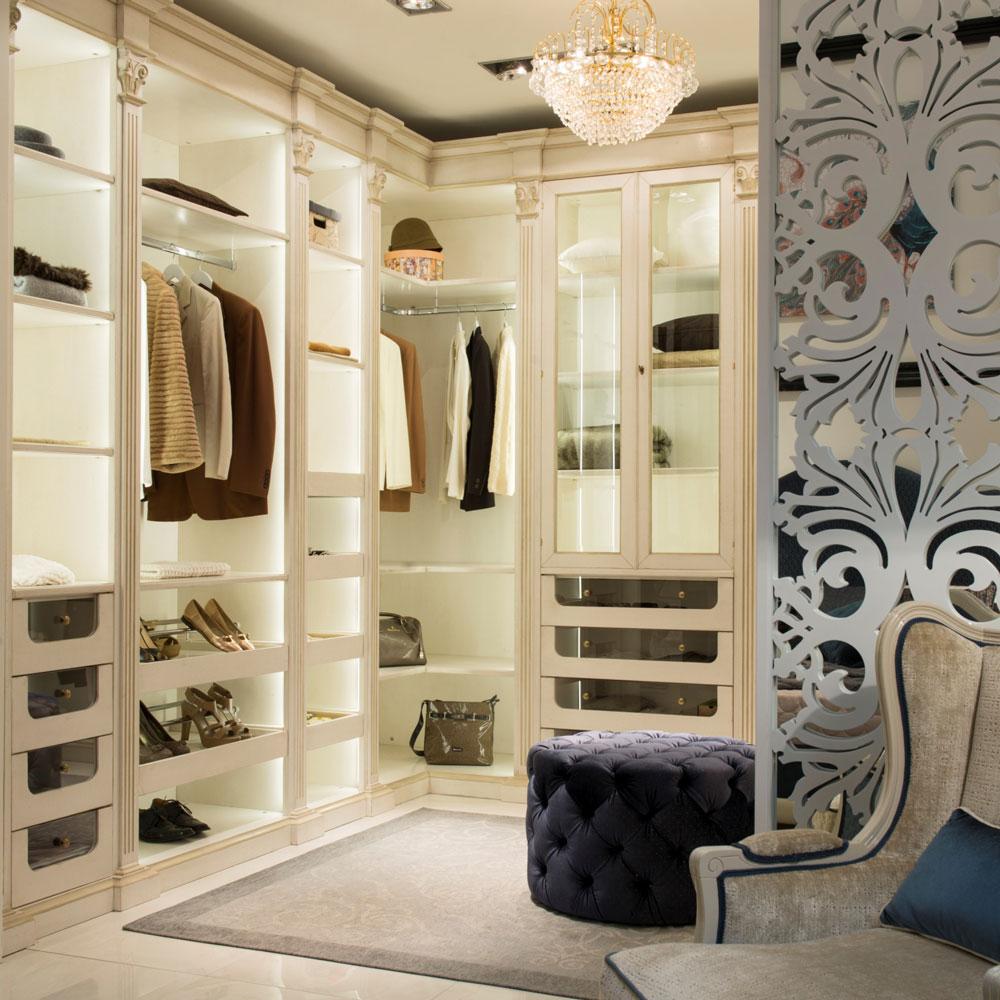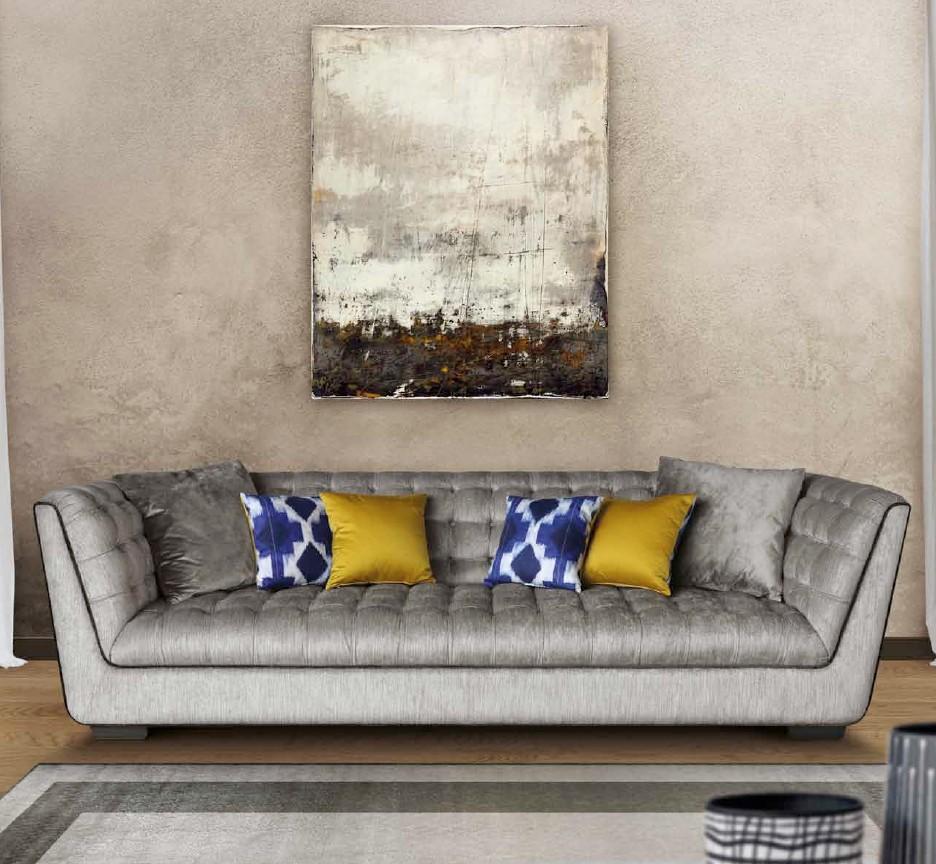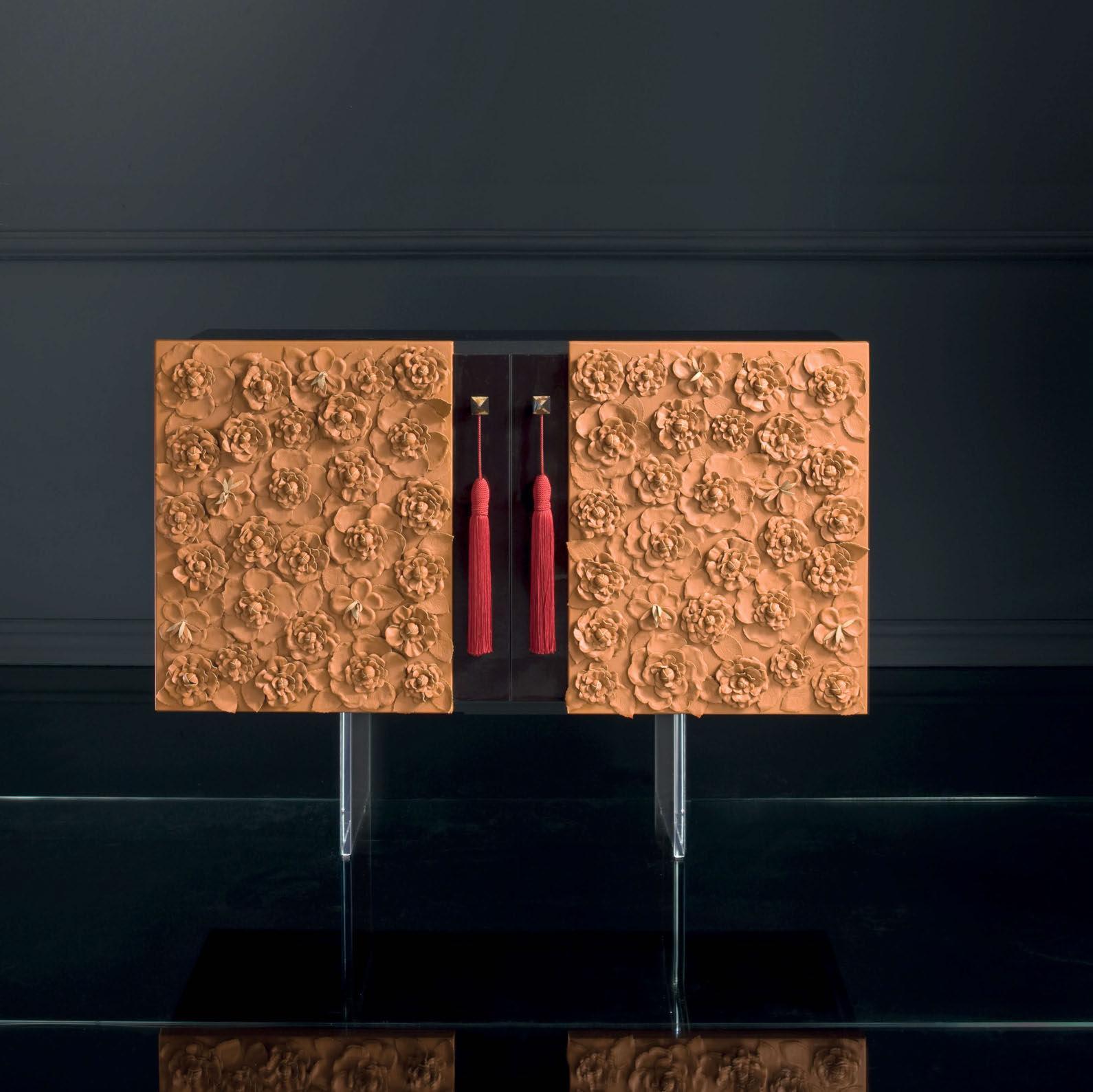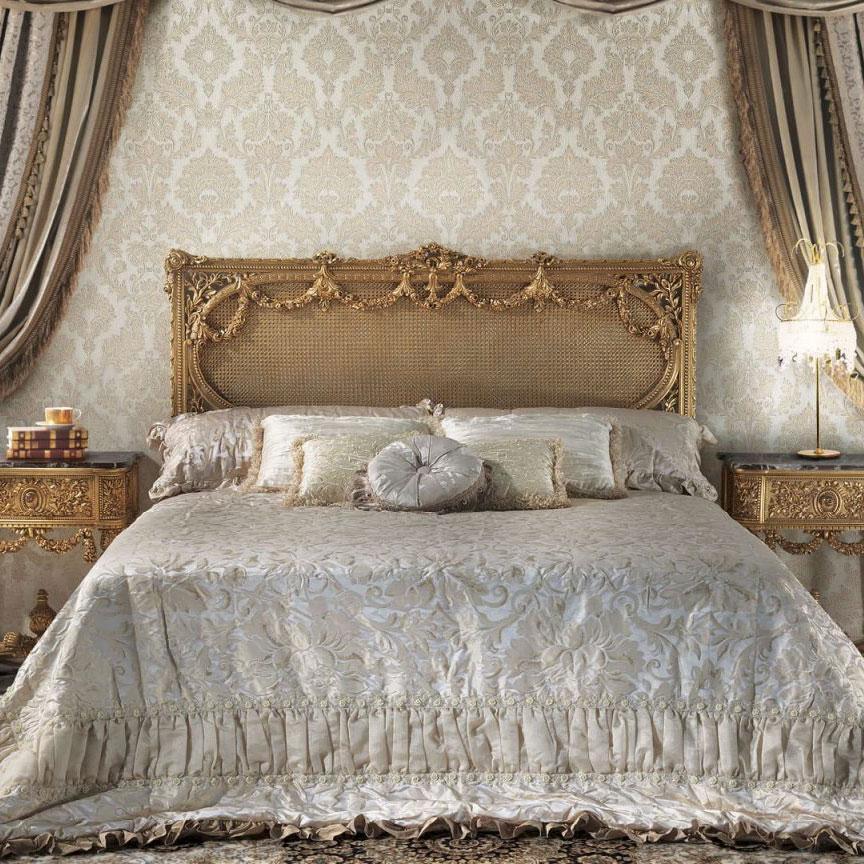Key Takeaways
- Appreciation Potential: Custom Italian furniture often increases in value over decades, with vintage pieces from the 1960s selling for more than their original purchase price, unlike mass-produced furniture that loses twenty percent value immediately.
- Superior Materials: Premium kiln-dried hardwoods and full-grain leather ensure custom Italian furniture remains stable and develops beautiful patina over time, while mass-produced alternatives degrade within years.
- Generational Craftsmanship: Master artisans with years of training create furniture using hand-fitted joinery that can be repaired and refinished indefinitely, unlike stapled mass-produced pieces built for disposal.
- Economic Longevity: A $12,000 Italian sofa used for sixty years costs $200 annually, compared to $428 annually for mass-produced sofas requiring replacement every seven years, making custom pieces more economical long-term.
- Timeless Design Philosophy: Renaissance-inspired principles emphasizing symmetry, proportion, and clean lines ensure custom Italian furniture remains aesthetically relevant across decades, protecting your investment from dated trends.
Most furniture loses twenty percent value the moment you purchase it.
That harsh economic reality defines mass-produced pieces. Buy a $3,000 sofa from a big-box retailer, and it is worth $2,400 before you have even sat on it. Within five years, it is worth less than half what you paid.
Custom Italian furniture operates on a different timeline entirely.
Many pieces appreciate in value over decades, with vintage Italian sofas from the 1960s selling for more today than their original purchase price. Some become family heirlooms passed down through generations, accumulating both monetary and sentimental worth.
The difference comes down to three factors: materials, craftsmanship, and design philosophy.
Materials That Outlast Trends
Italian furniture makers select premium kiln-dried hardwoods like beech and walnut specifically for longevity. The kiln-drying process removes moisture from the wood, preventing future cracking or splitting. The wood remains stable across decades of temperature and humidity changes.
Compare this to mass-produced furniture constructed from particleboard or medium-density fiberboard. These materials begin degrading within years, especially in humid environments. The structural integrity simply is not there.
Full-grain leather, the top layer of the hide, appears almost exclusively in custom Italian furniture. It is the strongest and most durable leather type available. More importantly, it develops a rich patina over time, becoming more beautiful with age rather than showing wear.
Mass-market furniture uses corrected-grain or bonded leather, which cracks and peels within a few years. The visual deterioration alone destroys any resale value.
Craftsmanship That Defines Generations
Italian furniture artisans undergo extensive apprenticeships spanning many years before reaching master craftsman status. Only a small percentage complete the full journey. These are not assembly-line workers following standardized procedures.
They are artists who have spent years learning centuries-old joinery techniques.
Hand tools remain the primary method in premium custom Italian furniture. Master carvers invest substantial time on intricate designs, using numerous specialized chisels. Each joint is fitted by hand, each curve refined through direct tactile feedback.
This level of attention creates furniture that can be repaired and refinished indefinitely. When a joint loosens after fifty years, a skilled craftsman can restore it to original condition. The piece was built to be maintained, not replaced.
Mass-produced furniture uses staples, glue, and standardized joints that cannot be meaningfully repaired. When something breaks, you discard it.
Design Philosophy Rooted in Timelessness
Italian furniture design traces back to the Renaissance, when Italy was the center of the artistic world. The foundational principles emphasize symmetry, proportion, and clean lines borrowed from Roman and Greek architecture.
These are not trends that age poorly. They are mathematical relationships that humans find inherently pleasing across cultures and centuries.
Italian designers focus on timeless forms rather than chasing contemporary fads. Custom Italian furniture designed today will look equally relevant in twenty years because it is built on principles that do not change. The proportions that worked in 1520 still work in 2025.
This approach protects your investment. Furniture that looks dated loses value regardless of its physical condition. Custom Italian furniture that remains aesthetically relevant maintains or increases value as it acquires the patina of age.
The Economics of Longevity
Custom Italian furniture built with premium materials and expert craftsmanship typically lasts fifty to one hundred years with proper maintenance. Some pieces remain functional and beautiful after decades of daily use.
Calculate the cost per year of ownership.
A $12,000 Italian sofa used for sixty years costs $200 annually. A $3,000 mass-produced sofa replaced every seven years costs $428 annually over the same period. The Italian piece is actually more economical, even before considering appreciation potential.
High-end professional environments extend the useful life of luxury furniture significantly longer than standard alternatives according to industry depreciation guidelines. The market recognizes this difference in durability.
Customization as Value Protection
Extensive material libraries offer thousands of options in specialized showrooms. This is not a decorative variety. It is functional customization that ensures your custom Italian furniture fits your specific space and aesthetic vision perfectly.
Custom-fitted furniture designed to complement your home’s architecture adds character that mass-produced pieces cannot replicate. When you eventually sell your home, these custom elements contribute to the overall value proposition.
More importantly, customization means you are creating exactly what you want rather than compromising on an available option. You are far less likely to replace furniture that was built specifically for your needs and preferences.
The Sustainability Advantage
Furniture designed to last generations reduces consumption and waste dramatically. You are not sending pieces to landfills every five to ten years. You are not consuming the resources required to manufacture replacements.
Many Italian furniture makers employ sustainable production practices and eco-friendly materials. The longevity itself is the primary environmental benefit, but the production methods matter too.
This positions your purchase as both a luxury investment and an environmentally conscious choice. The two are not mutually exclusive.
What This Means for Your Home
Your furniture choices reflect how you view your living space. Mass-produced pieces treat your home as temporary, something that will change with trends and circumstances. Custom Italian furniture treats your home as an enduring environment worth investing in properly.
The pieces you select today will likely outlast you. They will accumulate stories, develop character, and potentially become family heirlooms that connect generations. That is a different category of value than simple functionality.
When you are evaluating custom Italian furniture, you are not comparing it to other furniture purchases. You are comparing it to other long-term investments that combine utility, beauty, and appreciation potential.
The initial cost is higher. The lifetime value is substantially greater.
The Unique Investment Category
Most investments do not offer daily tactile pleasure. You cannot sit on a stock portfolio or run your hand across the grain of a bond. Custom Italian furniture that appreciates in value while enhancing your living environment every single day occupies a unique position.
The question is not whether custom Italian furniture costs more upfront. It does. The question is whether you value longevity, craftsmanship, and timeless design enough to invest in pieces that will outlast everything else in your home.
For those who view their living space as a long-term environment rather than a temporary arrangement, the answer becomes clear. The furniture that seems expensive today often proves to be the most economical choice over decades of use.
And unlike almost everything else you will buy, it might actually be worth more when you are done with it.
Calculate Your Long-Term Investment Value
Understanding the true economics of custom Italian furniture requires more than looking at price tags. It demands examining cost per year of ownership, appreciation potential, and the intangible value of pieces that enhance your daily life while building equity.
At Michelangelo Designs, we help you evaluate custom Italian furniture as the long-term investment it truly represents. Our team explains how premium materials, master craftsmanship, and timeless design principles work together to create pieces that appreciate rather than depreciate. We guide you through the customization process, ensuring every detail aligns with your vision and space requirements.
Ready to explore furniture that increases in value while you enjoy it? Call 973-833-4596 or visit our 35,000-square-foot showroom at 2 Main Avenue, Passaic, NJ 07055. Discover collections from Angelo Cappellini, Egoitaliano, and Domus Design that transform furniture purchases into generational investments.




